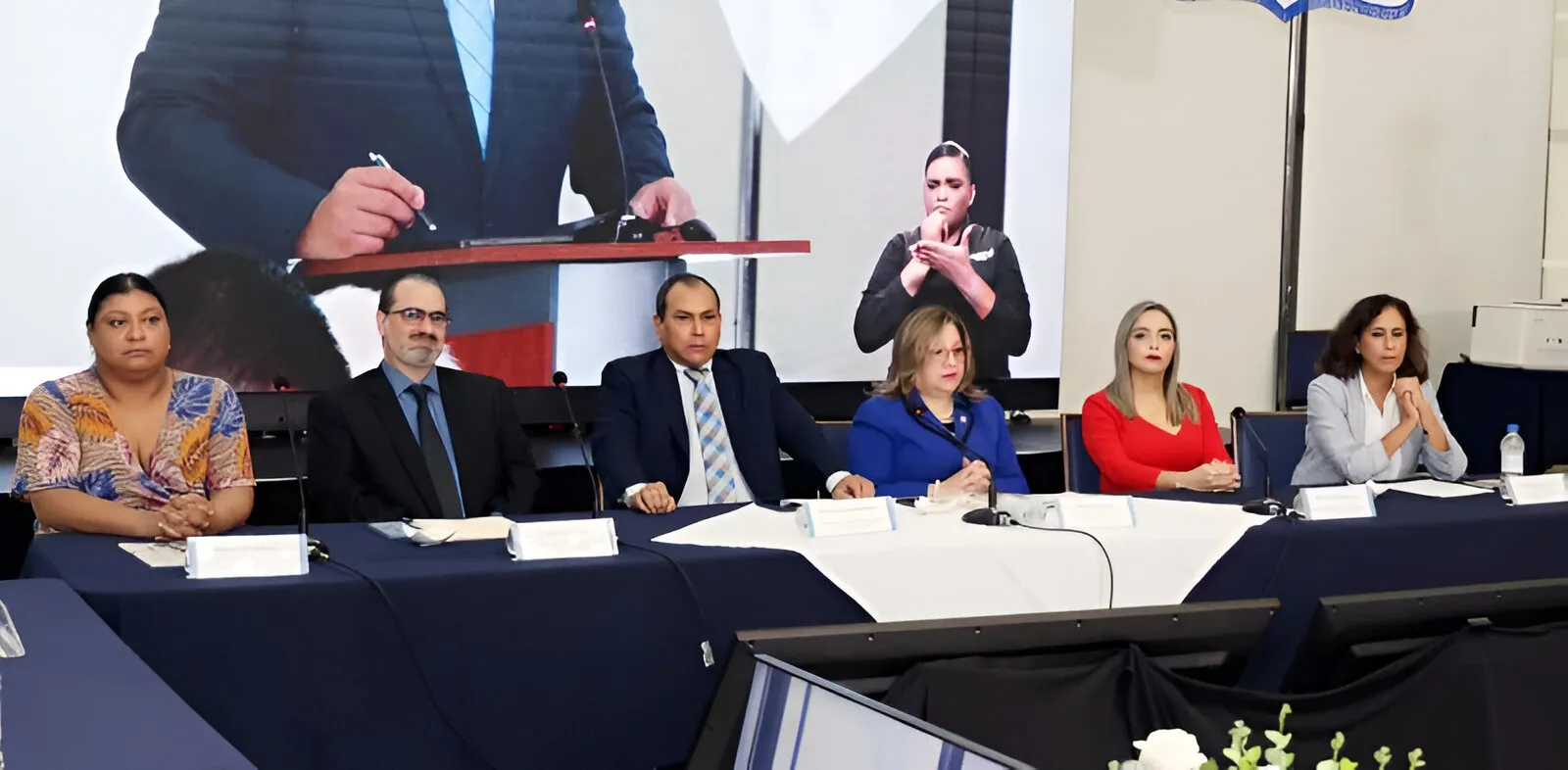International IDEA promotes access to voting for people with disabilities

The report details the state of accessibility at polling stations nationwide, with a focus on individuals with disabilities, and proposes concrete improvements to optimise future electoral processes.
The study highlights that the registered electoral population with disabilities in Panama is 155,328 people, representing 8% of the total registered voters for a general election (50.1 per cent women and 49.9 per cent men).
Among the main challenges identified, it is emphasized that the ramps in most polling stations do not comply with the necessary measurements and inclination, making access difficult. To address these shortcomings, the study recommends reinforcing key actions such as: prioritizing the location of voting tables on the ground floor of polling stations; evaluating and repairing existing ramps, ensuring that they comply with accessibility standards; guaranteeing accessible and marked parking spaces; promoting the use of high-contrast universal symbols; and defining clear and safe accessible routes within polling stations.
The event was attended by the Deputy Minister of Education, Agnes de Cotes; the Magistrate of the Electoral Tribunal, Luis Guerra; Alicia Del Águila, Project Manager of IDEA Panama; César Cambra, Head of the Office for Equal Opportunities (OEO); and consultant Idania Fernández, who was responsible for presenting the report. Also in attendance were representatives from various civil society organizations that advocate for the rights of people with disabilities, as well as representatives from political parties.
Magistrate Guerra stated that “the inclusion of people with disabilities is not an occasional concession, it is a requirement derived from the democratic values that define us as a country.”
The Electoral Tribunal announced that it is working on the design of a special ballot in Braille. The aim is to ensure that “the secret ballot is a reality and that no one is at the mercy of a third party,” as stipulated in the Constitution. To this end, a Panamanian delegation will travel to other countries to learn about successful experiences in this area.
For her part, Alicia del Águila reiterated IDEA International's full willingness to continue supporting the Electoral Tribunal's initiatives to improve conditions for the full exercise of political rights by persons with disabilities.




